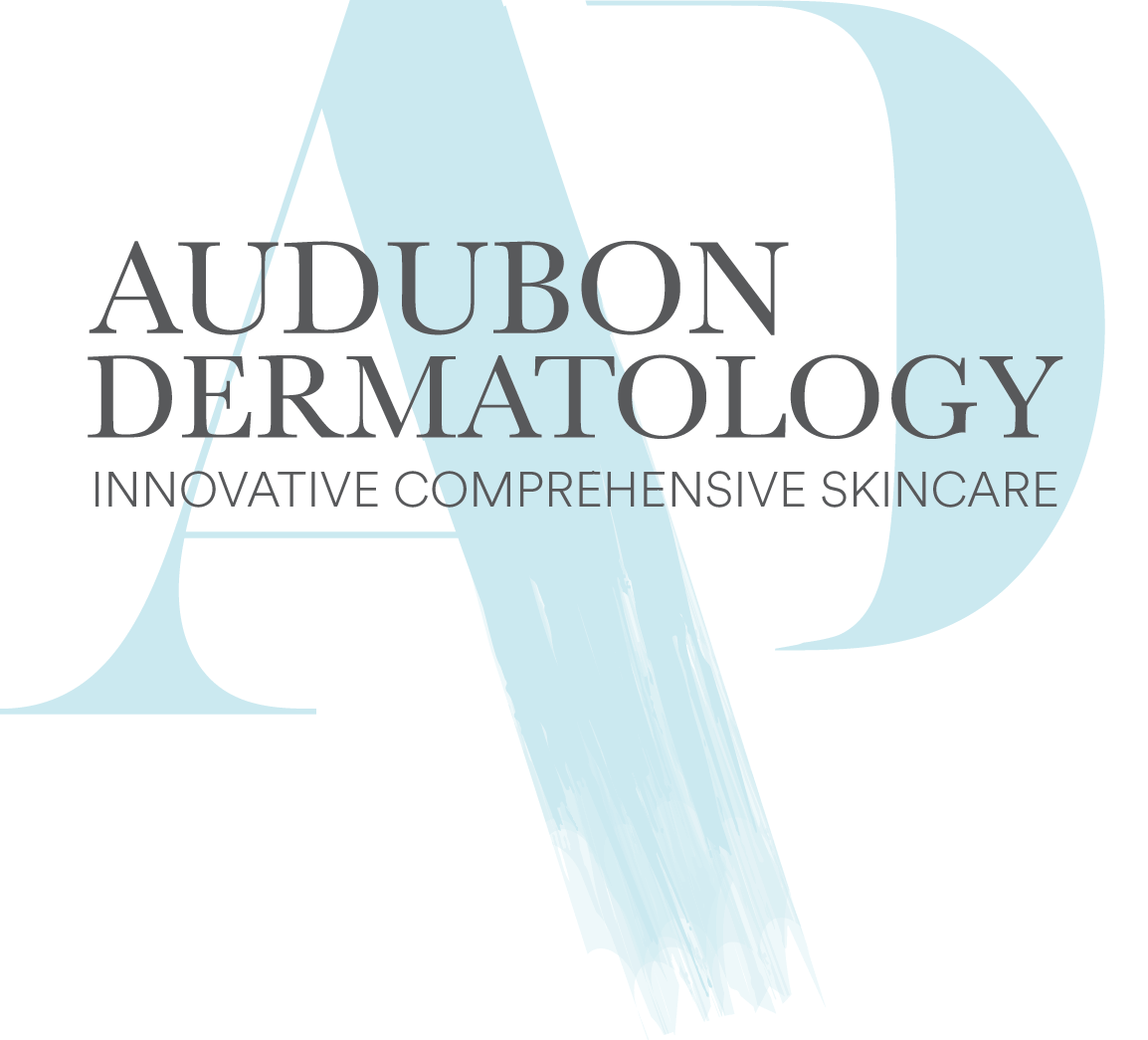Pigment Problemsin New Orleans, LA | Audubon Dermatology
Pigment Problemsin New Orleans, LA | Audubon Dermatology
Hyperpigmentation
Sun Spots, formally known as lentigines, are flat, brown lesions caused by chronic sun exposure. Sun spots usually appear on the face, chest, back, hands and top of the feet. These harmless lesions range from light to dark brown in color and contribute to an aged appearance. Some refer to these lesions as "age spots" or "liver spots" although they have nothing to do with the liver. Sun spots are non-cancerous and do not require treatment unless you wish to have them removed for cosmetic purposes. The best way to prevent the formation of sun spots is with the daily and repeated use of a broad spectrum SPF 30 or higher.
Melasma, which is most common in women and affects about 45 million people worldwide, appears as irregular patches of brown skin on the forehead, cheeks, upper lip and nose. Like most other pigmented lesions, melasma is not dangerous but it can be a self-confidence crusher, prompting many women to hide behind a mask of make-up. Melasma is common during hormonal fluctuations associated with pregnancy, oral contraceptives or hormone replacement therapy. Melasma is a chronic problem and we take the ongoing care of our melasma patients very seriously. Dr. Hooper and Dr. Jackson, along with our aestheticians, will work with you to create both prevention, maintenance and treatment plans that specifically target melasma.
Poikiloderma of Civatte, also known as sun aging, is a condition caused by chronic, long-term exposure to the sun. These discolored areas of sun-exposed skin commonly appear on the face, neck and chest. The best way to prevent the formation of this condition is to avoid mid-day sun exposure, utilize sun protective clothing, and to apply and re-apply broad spectrum SPF 30 every day. Laser treatments are frequently utilized at Audubon Dermatology for the cosmetic correction of Poikiloderma of Civatte.
Treatment Options for Hyperpigmentation
- Chemical Peels
- Fractional Laser Treatments
- Customized Skin Care
- Oral Supplements
- Prescription Topical Therapy
- Prescription Oral Therapy
- Vascular Laser Treatments
Hypopigmentation
Vitiligo is a disorder of the immune system that causes the skin to lose its color in patches. People of all races and ethnicities can develop vitiligo. Vitiligo is not contagious and is not life-threatening but it can be life-altering.
Treatment Options for Vitiligo
There is no cure for vitiligo but aggressive treatment may stop or slow the discoloration process. Autoimmune diseases are complex and require a thorough evaluation by your dermatologist. Dr. Hooper and Dr. Jackson are experts in the field of vitiligo treatment and will discuss the best treatment options for you.
Deirdre Hooper, MD, and Sarah Jackson, MD, offer technologically advanced comprehensive skin care for men and women in New Orleans, Metairie, Kenner, and the nearby communities of Louisiana. To learn more about treatments for pigmentation problems, contact us to schedule a consultation.


